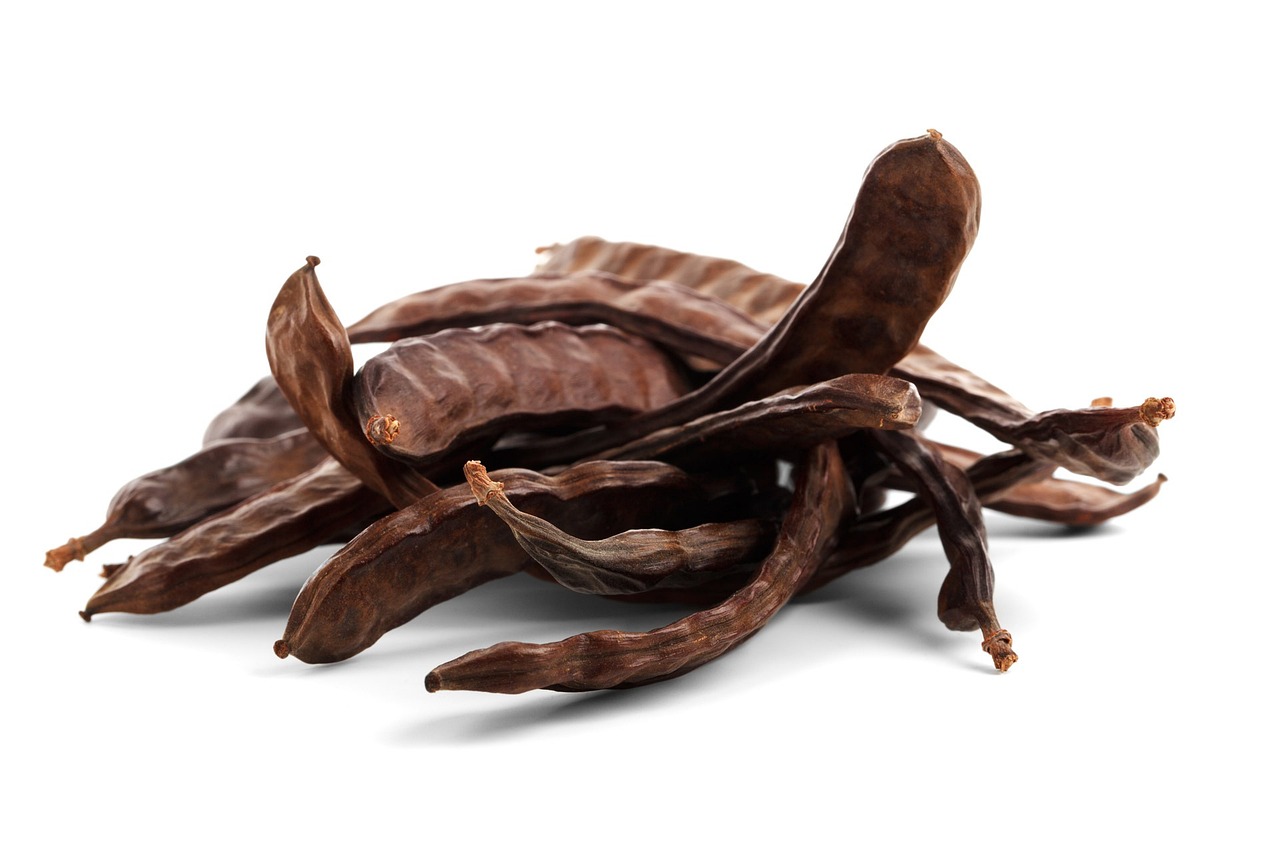Beans are a versatile food item that is rich in protein, fiber, and various vitamins and minerals. They are commonly consumed worldwide, and it’s often unclear whether they are classified as a fruit or a vegetable. In this article, we will explore the characteristics of beans and determine which category they belong to.
Beans, which come from the family Fabaceae, are seeds that are commonly found in various forms, such as dried, canned, or fresh. They are a staple food in many cultures worldwide, including Latin America, where they are a major part of the diet.
Technically speaking, beans are a type of fruit. They develop from a plant’s flower and contain seeds, which makes them a fruit by definition. However, beans are often categorized as a vegetable in the culinary world because of their savory flavor and commonly used in savory dishes.
Despite this classification, the debate over whether beans are a fruit or a vegetable remains a topic of discussion among food enthusiasts. Depending on context and intended use, beans can be classified as both fruits and vegetables. Ultimately, it comes down to personal preference and how you wish to categorize the ingredient.
What are Beans?
Beans are highly nutritious seeds that come from the family Fabaceae, also known as legumes. They are a significant source of plant-based protein, fiber, and a wide range of essential vitamins and minerals. This makes them an excellent dietary choice, particularly for those following a vegetarian or vegan diet. Beans can be consumed in numerous forms, including fresh, canned, or dried, and are a staple food in many cultures worldwide.
Fresh beans are typically found in specialty markets and tend to have a slightly sweet flavor. Canned beans, on the other hand, are a convenient and accessible option that can be easily added to soups, stews, or salads. Dried beans require soaking and a longer cooking time, but they are more economical and have a longer shelf life than their fresh or canned counterparts.
In summary, beans are highly versatile and nutritious, making them an ideal addition to any diet. They are rich in protein, fiber, vitamins, and minerals, and come in many different forms, making them a staple food across many different cultures.
Are Beans Fruits?
Beans are a unique food item that have sparked ongoing debate among the culinary world. While some consider beans to be fruits due to their rich nutritional value containing seeds that come from the Fabaceae family, others categorize them as vegetables due to their savory flavor and their frequent use in savory dishes.
Despite the inconsistencies, technically, beans belong to the fruit category because they are seeds that develop from plant flowers. This classification is irrespective of the fact that they are widely used as a vegetable, among other dishes. This confusion highlights the fact that the classification of beans ultimately boils down to personal preference and cultural context.
In conclusion, it’s clear that beans contain all the characteristics that define them as fruits. However, in cooking, they are usually considered vegetables due to their savory taste and frequent use in culinary applications. Regardless of which category you put beans into, one thing that is not up for debate is their incredible health benefits, serving as a rich source of protein, fiber and various essential vitamins and minerals.
The Debate Continues
Despite their technical classification as a fruit, the debate over whether beans are a fruit or a vegetable continues among food enthusiasts. Some argue that beans’ savory taste and common use in savory dishes warrant their classification as a vegetable. Others point out that beans contain seeds and develop from a flower, making them a fruit by definition.
The truth is that the categorization of beans depends on context and personal preference. In some cases, beans might be classified purely as a fruit or vegetable, while in others they could be both. It ultimately comes down to the intended use of the ingredient and the categorization that makes the most sense for that specific dish or recipe.
Regardless of whether you classify beans as a fruit or a vegetable, it’s hard to deny their nutritional value and versatility in the kitchen. From soups and stews to salads and dips, beans are a delicious and nutritious addition to any meal. So no matter which category they fall under, beans remain an essential part of any diverse and balanced diet.


